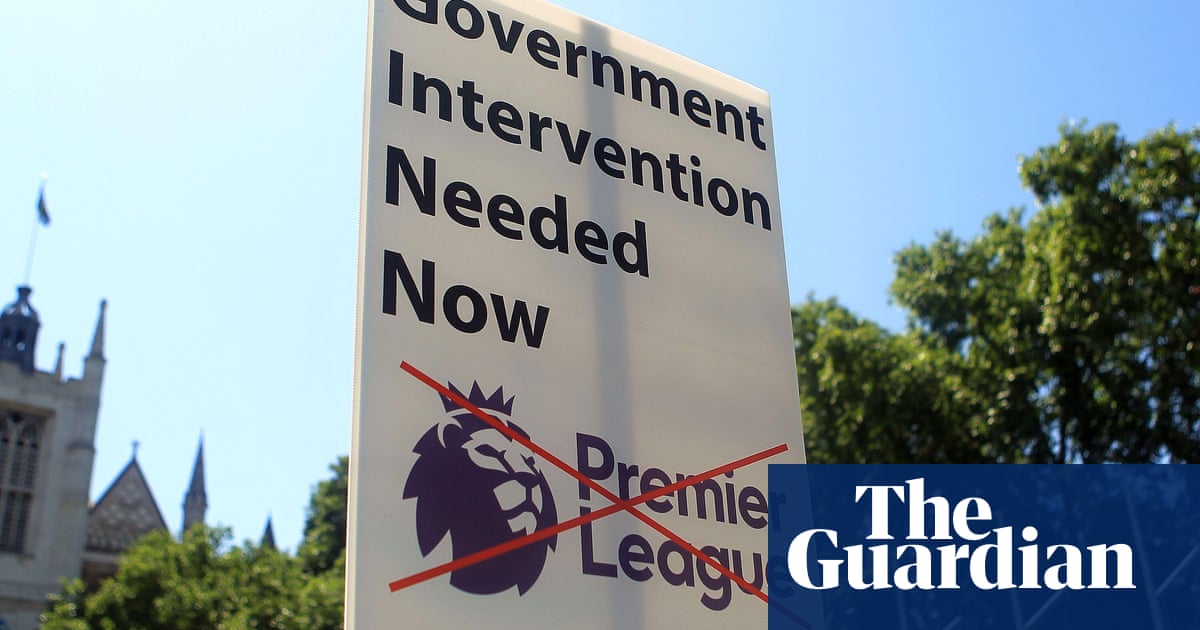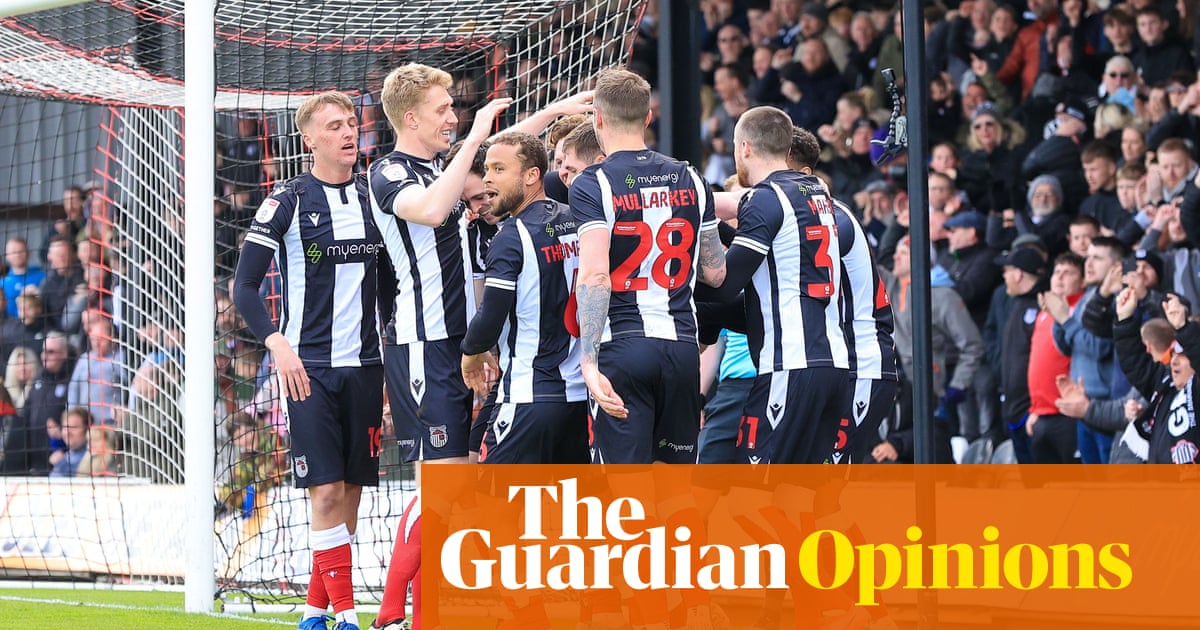
Early in my career, I worked for IAC, the company behind match.com, where we were trying to revolutionise the way people met, connected and fell in love using the internet. At the time, it was a bold, slightly surreal mission: using algorithms to predict compatibility and connection in something as deeply personal as love. But today as much as 60% of people start their relationships online.
Behind the scenes, we weren’t just innovating relationships, we were pioneering ways of doing business. One of the core innovations that emerged from this period was the concept of Lifetime Value models (LTV for short). These models would predict how much a customer was worth to a company over time. You’d calculate the cost of acquiring a customer, figure out how to convert them into a paying user, then use algorithms to determine how to keep them. Today, this is foundational in how internet businesses operate. Crucially, it shaped my worldview.
This ability to predict and optimise outcomes through data-driven models left a lasting impression. Fast forward to our first couple of years at Grimsby Town, and I realised I hadn’t done a great job of communicating how data could help us improve as an organisation. Coming from a business background where data was central, I didn’t explain well enough what data could, and more importantly couldn’t, do in football.
Luke Bornn, quoted in Ryan O’Hanlon’s book Net Gains: Inside the Beautiful Game’s Analytics Revolution, puts it perfectly: “Running a soccer team in the current era is kind of like walking toward a destination through the dark. Would you rather have a flashlight or not?” Data is just that, a torch, illuminating some of the unknowns but far from revealing everything. It’s simply an attempt to minimise risk.
Part of the reason for my initial reluctance to delve into the data conversation was confidentiality. During the last year we have been working with Jamestown Analytics, a fact that wasn’t public knowledge. However, a Sunday Times article this month about our partnership has made that confidentiality somewhat redundant. So I can speak more openly about how we’re using data and insights to guide recruitment and decision-making and how we believe this will help improve our probability of success and hopefully attract new, values-led investors to join us on the journey.
At Grimsby, our approach is simple: you need a clear strategy, the right people, values that align with that strategy, and the best available information to minimise risk. Even with all of this in place, timing, culture, and luck play an outsized role. Alignment is key. If the people and the culture aren’t aligned to this way of thinking, you spend too much time pulling in different directions and relying on luck for success, rather than shaping your fate.
Ian Graham’s brilliant book, How to Win the Premier League, highlights how data helped Liverpool to win the Premier League and the Champions League. When we took over at Grimsby three years ago, we realised that to compete with clubs willing to underwrite unsustainable losses, we needed to find our edge. Graham’s insights, particularly around expected goals and data-driven recruitment would have accelerated our learning had it been published four years ago.
His main point is simple: reduce risks and increase the probability of success by focusing on underlying performance metrics such as expected goals, possession value and, for recruitment, cost efficiency in transfers. Crucially, Graham also emphasises the intangible qualities data can’t measure, such as personality fit and attitude towards learning.
The growth mindset of your coach is just as important as the players you sign. Jürgen Klopp, for example, embodies this mindset, setting the tone for success at Liverpool. We’ve been fortunate to find someone similar in David Artell. His ability to attract and develop talent fits perfectly with our vision. Needless to say, copies of Graham’s book have been left around the training ground in Grimsby because it provides an eloquent framework for how we think about football, data and success.
But for me, the most powerful message from Graham’s work is the importance of alignment. Having a clear strategy, values and ways of working, and ensuring that everyone is pulling in the same direction, prevent wasted effort. They also make the process more enjoyable. Looking back at my career, the times I’ve found things unnecessarily difficult were usually when someone in the team wasn’t aligned with the overall vision, whether it was a colleague, shareholder or employee. This doesn’t mean you cannot have diversity of thought, debate and disagreements. Quite the contrary; alignment allows this to happen in the right way with the simple question to ask, over and over, being: “Does this help us improve?”
My experience tells me that the world of data holds promise and peril. The allure of prediction and precision is powerful, but we must not forget the intangible and ineffable. Expected goals and metrics such as packing can’t capture everything we feel about the game, the unbounded joy in a 94th-minute winner or all of the majesty and magic contained in John McAtee’s right boot during our promotion season.
In the words of Rasmus Ankersen, who oversees football strategy at Southampton and was previously at Brentford, also quoted in Net Gains: “The game has a lot more complexity and randomness than most other sports. It doesn’t mean we shouldn’t pursue ways of measuring players’ contributions more accurately, but in our pursuit to develop those methods, it’s important to understand the limitations.”
Football, like business and life, remains unpredictable. Data is a powerful tool, but it will never fully replace intuition, culture or the poetry that makes the sport beautiful. Maybe I should have been more clear about that three years ago.












